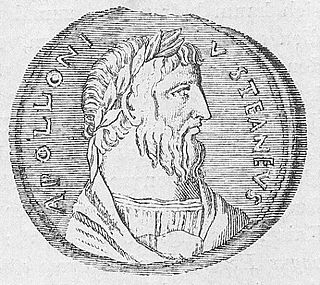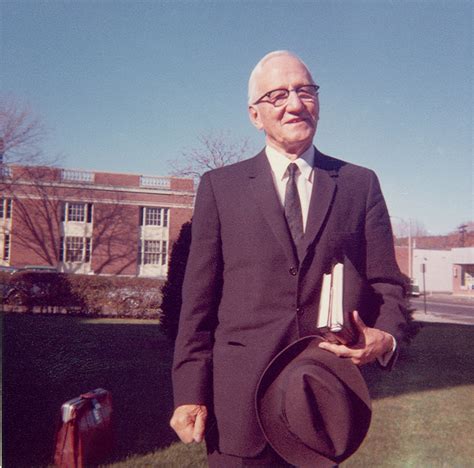A Quote by Apollonius of Tyana
It is the duty of the law-giver to deliver to the many the instructions of whose truth he has persuaded himself.
Related Quotes
I don't think the law exists to arrive at the truth. If it did, we wouldn't have exclusionary rules, we wouldn't have presumptions of innocence, we wouldn't have proof beyond reasonable doubt. There's an enormous difference between the role of truth in law and the role of truth in science. In law, truth is one among many goals.
When you say there's too much evil in this world you assume there's good. When you assume there's good, you assume there's such a thing as a moral law on the basis of which to differentiate between good and evil. But if you assume a moral law, you must posit a moral Law Giver, but that's Who you're trying to disprove and not prove. Because if there's no moral Law Giver, there's no moral law. If there's no moral law, there's no good. If there's no good, there's no evil. What is your question?
Fiction can produce truth, and truth can be false. What does it mean to say that it's true that, what, two out of six people in this city are starving? That's true, but that is only true because the conditions we live under are completely wrong - that should not be true, and it is. And in something like Sarah Polley's film, her fictions deliver so much truth. The retellings and the simulations and the theatrical aspects are what deliver all the truth.
The Saint whose water can light lamps, the clairvoyant whose lapse in recall is the breath of God, the true paranoid for whom all is organized in spheres joyful or threatening about the central pulse of himself, the dreamer whose puns probe ancient fetid shafts and tunnels of truth all act in the same special relevance to the word, or whatever it is the word is there, buffering, to protect us from. The act of metaphor than was a thrust at truth and a lie, depending where you were: inside, safe or outside, lost.








































